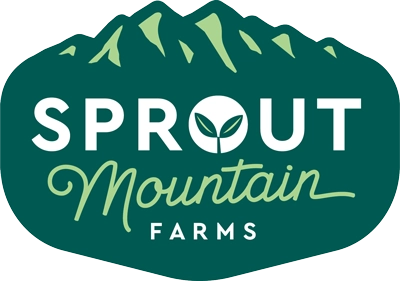• Yellow skin with smooth yellow flesh
• Medium size round to oblong shaped tubers
• Excellent Storage Qualities
• Late Season (100-130 days)
Pronounced (Ben-jee), this superstar heirloom potato from the Netherlands was first bred in 1905 by a teacher and named after one of his favorite students. This potato does it all so well that it was officially voted "potato of the year" in 2012.
• Medium size round to oblong shaped tubers
• Excellent Storage Qualities
• Late Season (100-130 days)
Pronounced (Ben-jee), this superstar heirloom potato from the Netherlands was first bred in 1905 by a teacher and named after one of his favorite students. This potato does it all so well that it was officially voted "potato of the year" in 2012.
Growing Guide: Plant seed pieces further apart than normal to leave room for big clusters of potatoes. Grows well in towers and grow bags. High-yielding plants with tubers set in a large cluster formation. This variety can thrive in rainy conditions.
Disease Resistance Characteristics: Immune to PVA, but susceptible to PVX and PVY. Susceptible to scab, fusarium dry rot, and late blight.
Disease Resistance Characteristics: Immune to PVA, but susceptible to PVX and PVY. Susceptible to scab, fusarium dry rot, and late blight.
Bintje is the potato variety most preferred by the Belgians whose French fries are world renowned. Terrific buttery, sweet flavor and waxy, creamy texture. Bake it. Boil it. Mash it. Roasting and frying are essential.
"Naturally Grown" Seed Potatoes are Certified Seed Potatoes grown without use of chemicals, pesticides, fungicides, or synthetic-based fertilizers. Like our Certified Organic Seed potatoes, they are grown using natural and organic methods such as beneficial insects, crop rotation, cover crops, animal grazing, and increased plant diversity on the farm. The only factor prohibiting Organic Certification is the application of a foliar acid to desiccate the vines before harvest. The use of the desiccant (synthetic) dramatically helps reduce spread of aphid-carried disease in a crop, which can easily ruin an entire crop of seed potatoes as disease tolerance levels for Certification are extremely low.
We are proud to offer this high-quality seed to you knowing it was grown with care in the spirit of organic.
Please note: Certified Organic Growers should secure approval from their Certifier before planting to ensure compliance. When Certified OG seed stock for specifically desired varieties is not available from other sources, planting untreated or conventional is often approved as an acceptable substitute.
We are proud to offer this high-quality seed to you knowing it was grown with care in the spirit of organic.
Please note: Certified Organic Growers should secure approval from their Certifier before planting to ensure compliance. When Certified OG seed stock for specifically desired varieties is not available from other sources, planting untreated or conventional is often approved as an acceptable substitute.
